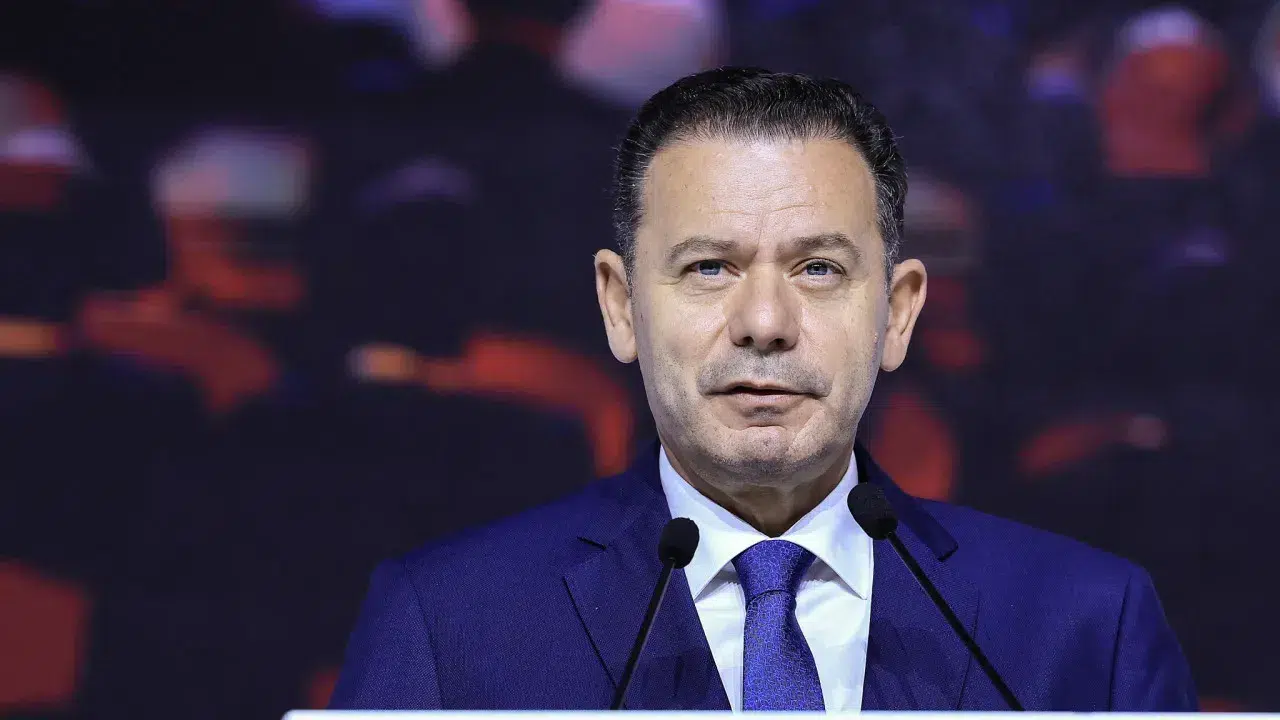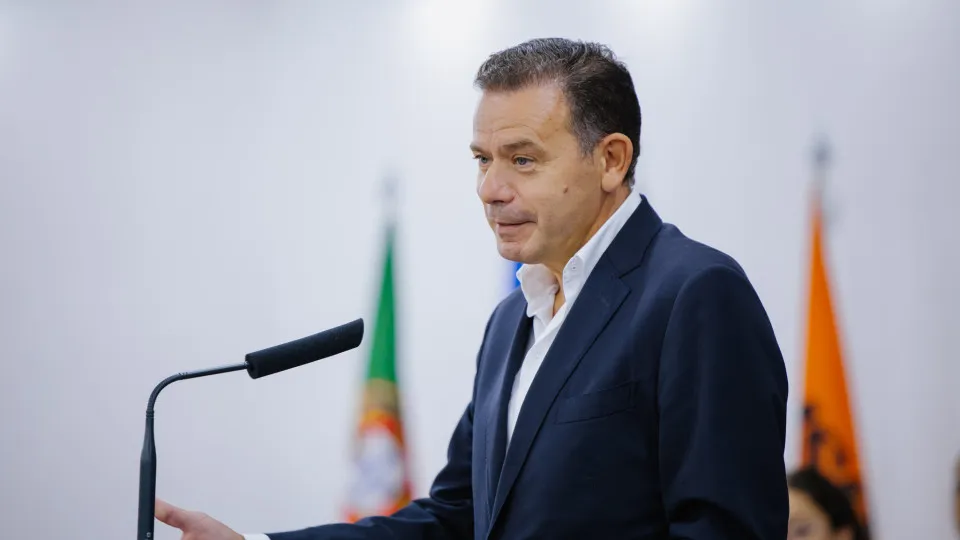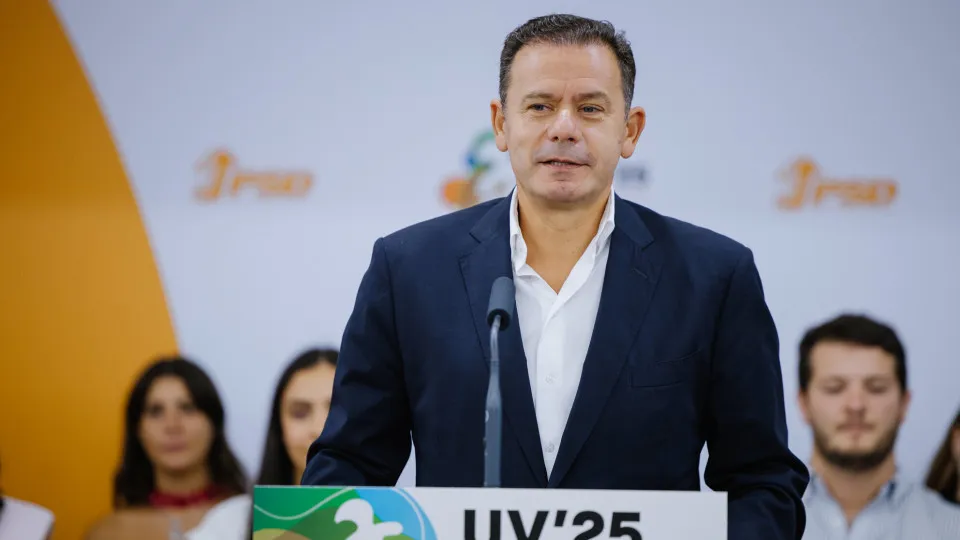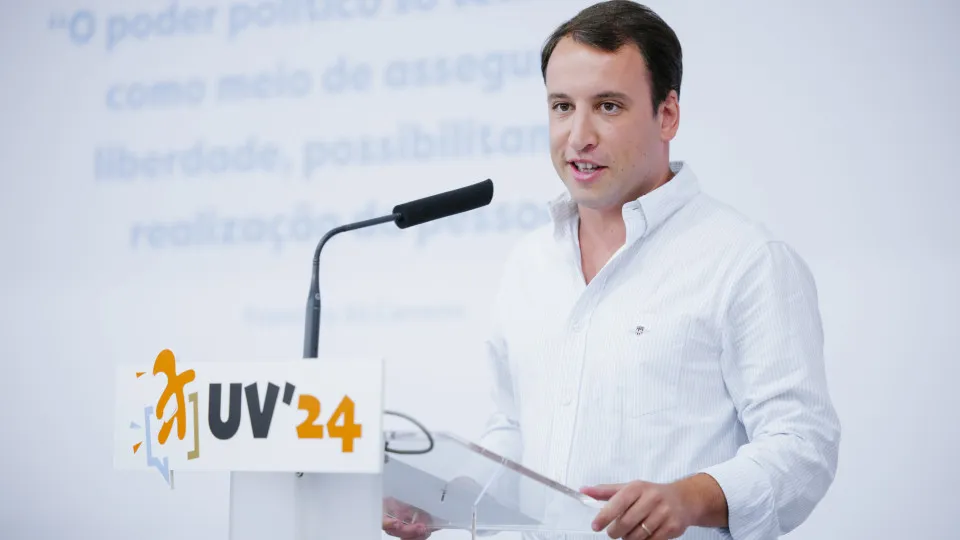
“There is one thing I want to say very clearly: less bureaucracy and more simplification cannot and will not mean shortcuts,” declared Luís Montenegro, closing the “conversations with Fomento,” an initiative by Banco Português de Fomento, which took place this morning at Europarque, in Santa Maria da Feira, Aveiro district.
Before an audience of over a thousand entrepreneurs and managers, including the Minister of Economy and Territorial Cohesion and the Minister of Agriculture and the Sea, Montenegro acknowledged the high political risk of state reform, stating that he has invested his political capital in this project.
“I have committed myself as never before, no prime minister has ever done so in relation to a public administration reform. But I did it out of conviction (…) We may not do everything, and we may not do everything in four years. But we will indeed reform the state. We are certainly going to wage a war on bureaucracy,” he stated.
The prime minister expressed confidence that the government would transform public administration, asserting that they will start implementing a faster pace of simplification, digitization, procedural changes, and improvements in interaction between citizens, companies, and the state.
As an example, he cited a measure announced minutes earlier by the Minister of Economy and Territorial Cohesion, stating that companies applying for European funds will no longer need to submit multiple documents already held by the public administration.
“This is the kind of thing we want to end. The state cannot ask people and companies for what it already possesses, even if it is in another state department,” he emphasized.
Montenegro also admitted that this process will be very difficult and will face much resistance, anticipating some critical voices that will say “this facilitates empowered decisions or possibly easier decisions.”
In anticipation of this, Montenegro said that it is necessary to accompany this process of debureaucratization with increased accountability.
“We all need to be prepared to accompany this simplification process, this removal of procedural levels, this reduction of bureaucratic burden with increased accountability. Each decrease in bureaucracy and procedure must correspond to an increase in accountability, an increase in penalization of infraction,” he asserted.




